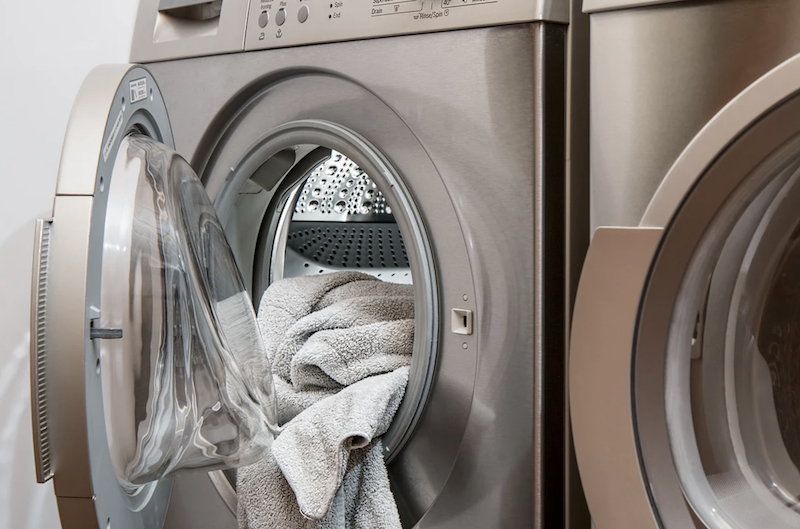A coalition of manufacturers, utilities, trade associations, and advocacy groups are urging Congress to double the funding for the U.S. Energy Star program.
Energy Star, housed mostly within the Environmental Protection Agency, “delivers a remarkable bang for the buck in reducing greenhouse gas emissions, accounting for 330 million metric tons of avoided emission reduction each year—roughly 5% of total U.S. greenhouse gas emissions annually,” according to a letter sent to Congress by the coalition. “Meanwhile, the program saves American consumers and businesses more than $35 billion annually in avoided energy costs.”
The program has seen its budget steadily decline in recent years with overall cuts at EPA. Adjusted for inflation, its budget, today at $35 million, would need to be about $65 million to keep pace with funding levels of a decade ago, the coalition says.
“We know that Congress is looking for innovative, cost-effective, and high-impact approaches for achieving emissions reductions while also boosting economic productivity,” the letter continues. “Energy Star meets all of those criteria through a voluntary, market-based program with a relatively low cost and with enormous untapped potential.”
Related Stories
| Jan 18, 2012
Report analyzes residential hurricane codes in 18 states
The Insurance Institute for Business & Home Safety (IBHS) released a new report analyzing residential building codes in 18 hurricane-prone coastal states along the Gulf of Mexico and the Atlantic Coast.
| Jan 18, 2012
Death in Chicago high-rise apartment fire blamed on fire code
The death of a Chicago woman who stepped off her elevator into a blazing inferno last week has underscored the need for fire sensors in elevators.
| Jan 18, 2012
California approves open cell spray foam for energy efficiency standards
The California Energy Commission (CEC) now recognizes open-cell spray foam as an accepted insulation in its 2008 Building Energy Efficiency Standards.
| Jan 5, 2012
Building to LEED standards now an 'easy call' from cost standpoint
Once seen as a cost burden, building to LEED standards is now an "easy call," according to Dan Probst, chairman of energy and sustainability for real estate management and development firm Jones Lang LaSalle.
| Jan 5, 2012
Minnesota's GreenStep Cities program aids communities in winning grants
GreenStep Cities, a Minnesota initiative, was designed to provide greater recognition to the state's communities for achievements in meeting sustainability standards and goals.
| Jan 5, 2012
Some ADA accessibility rules change in 2012
Some changes to the Americans with Disabilities Act go into effect beginning March 15, 2012.
| Jan 5, 2012
Ontario's stringent energy code has builders concerned over indoor air quality
Some Ontario builders are worried that new building code requirements with stricter energy efficiency measures could lead to poor indoor air quality.
| Jan 5, 2012
New law bars Defense Department from new LEED certifications
The Defense Department will not be allowed to use any money to certify its buildings LEED Gold or Platinum, under a law President Obama signed Dec. 31.
| Jan 5, 2012
Some ADA accessibility rules change in 2012
Some changes to the Americans with Disabilities Act go into effect beginning March 15, 2012.
| Jan 3, 2012
New SJI Rule on Steel Joists
A new rule from the Steel Joist Institute clarifies when local reinforcement of joists is required for chord loads away from panel points. SJI members offer guidance about how and when to specify loads.
















